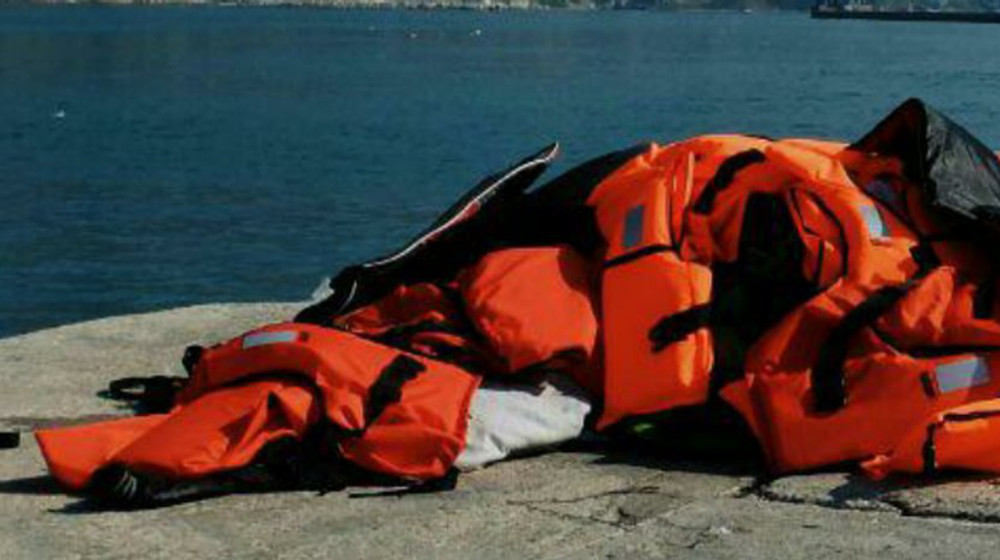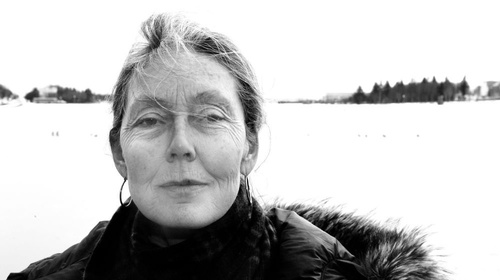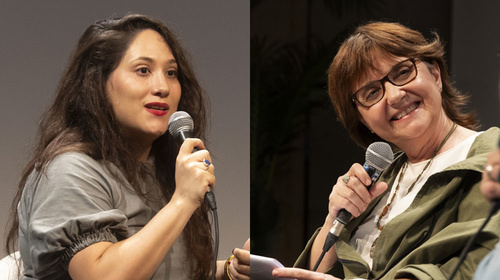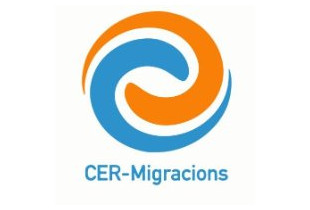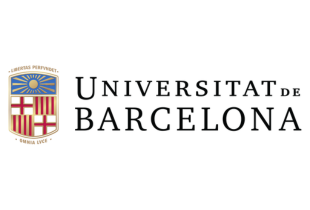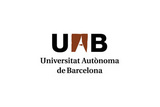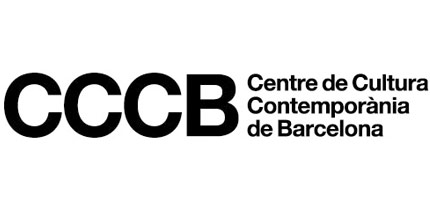Refugees on the Move
Thinking Beyond the Euro-Mediterranean Crisis
Debate
Free
Refugees on the Move in the so-called crisis in the Mediterranean have not been recognized as an object of scholarly attention. In recent years, with the events of the Arab Spring and its aftermath, refugees have been over-exposed in the media and in the political discourse. In contrast, this conference attempts to develop more nuanced approaches to the phenomenon. The paper contributions from a variety of disciplines demonstrate that the problem of inhospitable politics towards refugees at different levels, as well as humanitarian responses to it are key questions to be solved. Each of the sections of the conference introduces a new type of complexity amb ambiguity to the study of population on the move. In a collection of conference papers from a range of disciplines –history, anthropology, sociology, communication studies, law and politics- we look at the different ways in which “refugees on the move” are understood themselves as part of a larger change regarding mobilities in the Mediterranean region and in other regions in the world that are connected to it. Recognizing that serious gaps exist in our knowledge about such a phenomenon makes us think of an overarching strategy that will bring together a first encounter of the international actors, researchers and civil society actors working on a common field, both, from academia and from outside academia.
Morning (9.00 - 13.00)
Introduction and CER Migracions presentation
Carlota Solé, CER Migracions
Oriol Amorós, Secretary for Equality, Migrations and Citizenship (Government of Catalonia)
Conceptual turmoil
Natalia Ribas-Mateos, Universitat Autònoma de Barcelona
Session 1. Refugee crisis: Historical background and impact in the Middle East
- Photographing War and Exodus - Ricard García-Vilanova, photo/video-journalist
- UNRWA and the Palestine refugees - Oscar Monterde, Universitat de Barcelona
- The Middle East in global refugee history - Benjamin Thomas White, University of Glasgow
- The Syrian context after 2011 - Naomi Ramírez, Universidad Autónoma de Madrid
Discussant: Timothy Dunn, Salisbury University
Moderator: Carlota Solé, CER Migracions
Coffee break
Session 2. Refugees on the move: Routes and camps
- Mapping the encampment of the world and its consequences on migrants’ itineraries - David Lagarde, Migreurope
- How to follow the diversification and multiplication of routes from Turkey - Şenay Özden Hamisch, Syrian Cultural House in Istanbul
- Ethnography from the margins: studying Syrian refugees’ settlement in Northern Jordan - Kamel Doraï, IFPO Amman
Discussant: Alessio d’Angelo, Middlesex University
Moderator: Teresa Sordé, CER Migracions
Afternoon (15.00 - 18.30)
Session 3. Refugee crisis from an interdisciplinary and multilevel approach (I)
- National security vs. Human security: Immigration enforcement and human rights, implications for Europe - Timothy Dunn, Salisbury University
- EU challenges to the Dublin regulation and the “hotspot approach” - Fulvio Vasallo, Paleologo Università di Palermo & Chiara Denaro, La Sapienza / Universitat Autònoma de Barcelona
- Turkey and the refugee crisis: a hosting country or a border guard? - Eduard Soler, CIDOB
- Solidarity within the European Union: the debates on the refugee distribution mechanism - Ernest Urtasun, European Parliament- Greens/EFA
Discussant: Gemma Pinyol, GRITIM-UPF
Moderator: David Moya, IDP - Universitat de Barcelona
Coffee Break
Session 4. Refugee crisis from an interdisciplinary and multilevel approach (II)
- Media misrepresentation - Lurdes Vidal, IEMED
- The role of Syrian refugees as a Russian pressure on the West - Marc Marginedas. El Periódico - videoconference
- Adapting EU legislation to vulnerable groups - Natalia Caicedo, IDP, Universitat de Barcelona
Discussant: Mohamed Kamel Dorai, IFPO Amman
Moderator: Laura Feliu, Universitat Autònoma de Barcelona
Closing session: CER Migracions
